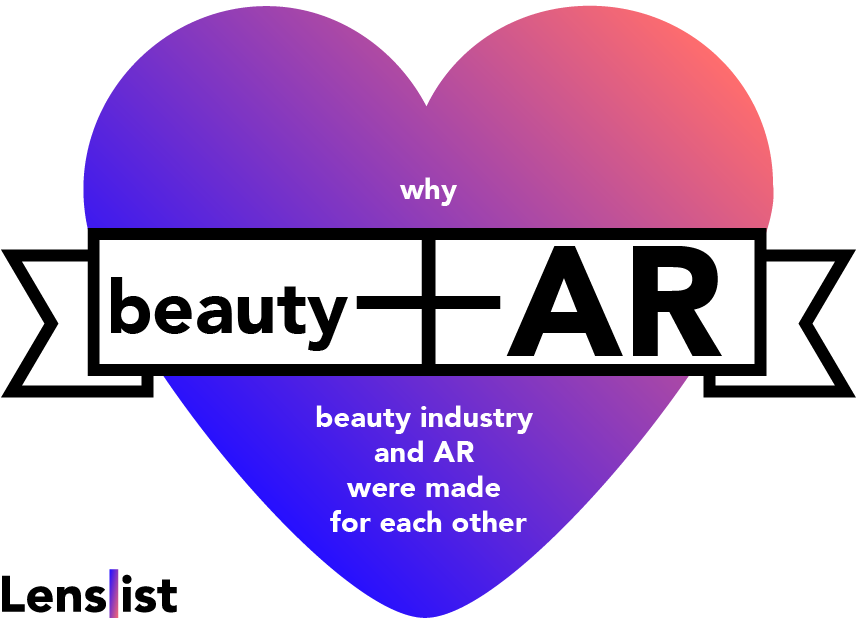Why Beauty Industry and AR Were Made for Each Other

SEE ALSO: All You Need to Know After the F8 2018 Conference
Semilac by Lens That
Another great example of a make-up effect is that made for SEMILAC. It stands out from the crowd by offering almost 50 make-up possibilities and a very high quality.
Read more and try it here.
“How to”: Neutrogena, Nivea & Clarisonic
Another practical application of AR in marketing is creating a little “how to” experience. While in this case it doesn’t have to be a full instruction, it can act as a simple visualization of how a particular product is meant to be used and how an anticipated effect will look like. It surely makes a product more comprehensible (an especially important thing if the product is innovative) and helps popularise the brand, which decides to take such step to bring clients closer to it through AR.
It’s just a beginning
Even if the first beauty industry Snapchat Lenses where created over 2 years ago, it is fair to say that AR will be used more and more. The spectrum of brands that already used AR formats on social media is pretty impressive. Maybelline celebrated National Lipstick Day with introducing Loaded Bolds Lens for Snapchat. Urban Decay promoted it’s Vice Lipstick with a “kissing” Snapchat Lens, which was used by celebrities such as Kourtney Kardashian and many other social media influencers such as Kristin Leanne.
Some of the effects, like YSL’s Vinyl Cream Snapchat Lens, Bella’s Facebook Camera Effect or Make It Big by Lancôme let you choose from different kinds of makeup, while the others present only one shade of lipstick or eyeliner at a time. Rihanna’s Fenty Beauty’s Facebook Filter lets everyone try on RiRi’s favorite Fenty highlighter. And I mean literally everyone, because it’s Rihanna’s goal to create inclusive products which “look gorgeous on all skin tones and against all hair and eye colors” (read more: elitedaily.com).
Now we can observe that the past, rather incidental marketing AR actions are slowly being replaced by organized, long-term cooperations. Just over a week ago it was announced that “L’Oréal and its recently acquired Augmented Reality and Artificial Intelligence entity, ModiFace, will have a long-term collaboration with Facebook to create new augmented reality experiences delivered through Facebook Camera products” (read more: mediaroom.loreal.com). Facebook’s AR Studio gives a chance to every beauty brand to develop at a fair price and maintain continuously, absolutely for free its own AR try-on, which will very soon become a must have when it comes to distributing cosmetics online.
